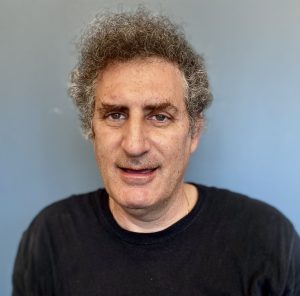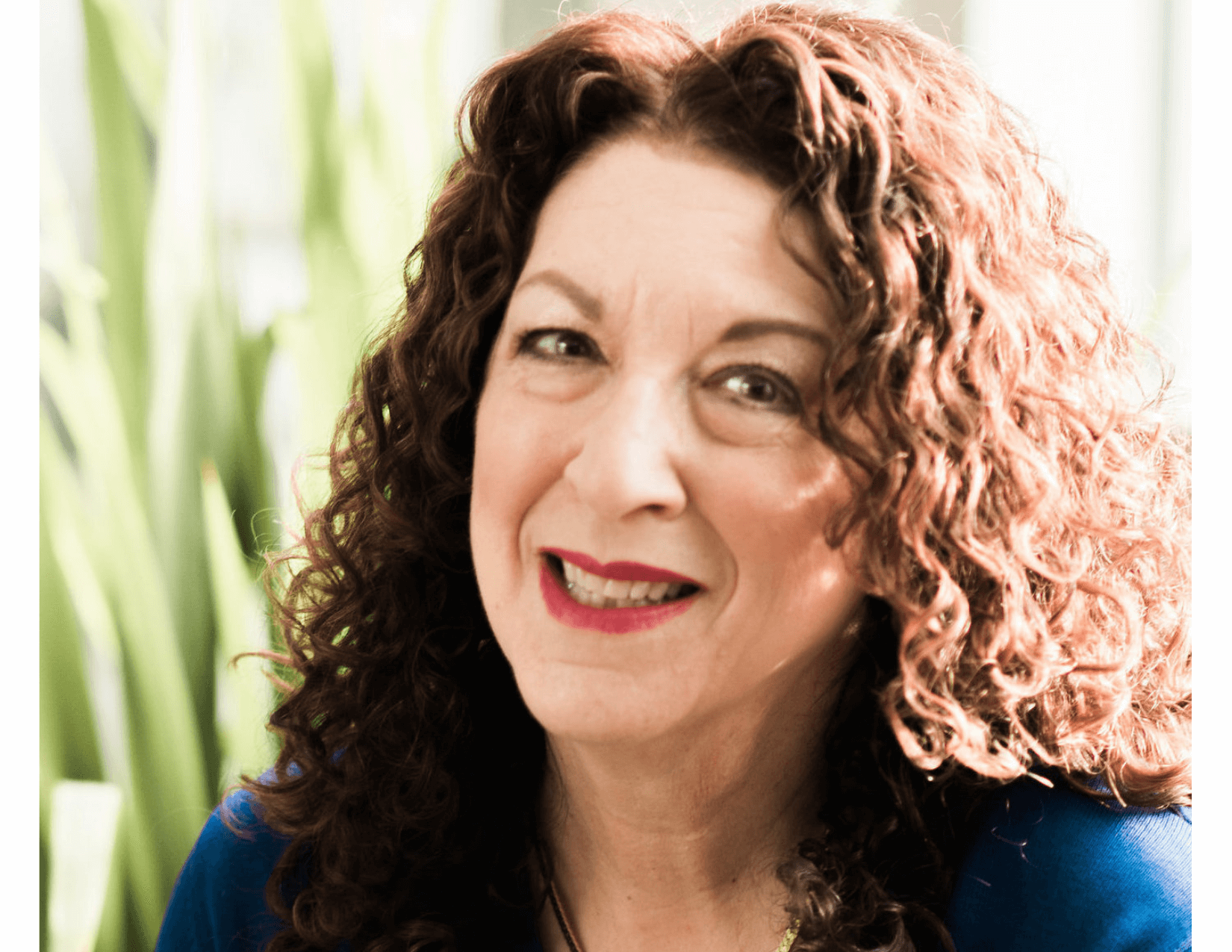Many people served by JRS give back to their community by volunteering. JRS staff encourages those it serves to volunteer to be involved in the community, socialize, build confidence, and learn new skills applicable to everyday life.
JRS places importance on volunteerism among those it serves because it offers a deeper understanding of the lives of people with disabilities and the value they bring, just as every individual brings, to the life of their community. This understanding encourages greater acceptance of diversity, greater compassion for people of all abilities, and greater cooperation in solving local as well as global challenges that affect us all.
Many organizations in the Jewish community have inclusive volunteering programs that make it possible for everyone to have an opportunity to give back: the Jewish Community Center (JCC), Jewish Federation of Greater Pittsburgh, JFCS, the Friendship Circle and Repair the World. Several JRS participants volunteer at various organizations throughout the community.
Caryn (pictured above) has participated in the Supportive Living Program at JRS for 20 years. This program provides her with comprehensive individualized support based on her specific needs.
Every week for seven years, Caryn and her JRS direct support professional venture to the JCC to volunteer at the JCafe, a program of AgeWell Pittsburgh. The program was designed to ensure that everyone age 60+ gets a nutritious meal at no cost and that they don’t have to eat it alone. Instead, they socialize with their peers as part of a community. “Everyone who works at the JCC makes sure I have what I need in order to do my job well,” Caryn explained.
On a typical volunteer day, Caryn helps participants get their lunch, carries their trays to their table, and cleans up. She is attentive to all aspects of her job, whether it be restocking items the staff or diners need or thoroughly cleaning before lunch begins.
“Caryn greets everyone with a smile and learns their names. She is always the first volunteer to arrive and immediately gets to work,” explained Caryn’s supervisor, Amy Gold.
Caryn also meets many people while she volunteers. “It is nice. When I walk around the area or take the bus, I will see people I know. We usually smile and say hello. It is a nice feeling,” Caryn said. “Volunteering makes me feel good. If I am having a bad day, I leave the JCC feeling good; feeling happy.”
 Gary is also a long-time participant in JRS’ supportive living program. His volunteer work with AgeWell is slightly different than Caryn’s. Each week, Gary volunteers for the CheckMates program which is a volunteer peer-led telephone reassurance program.
Gary is also a long-time participant in JRS’ supportive living program. His volunteer work with AgeWell is slightly different than Caryn’s. Each week, Gary volunteers for the CheckMates program which is a volunteer peer-led telephone reassurance program.
Volunteers who are 60+ make weekly phone calls to other older adults with the goal of offering a connection between volunteers and people in the community who may be homebound, isolated or lonely. Confidential phone calls are made once a week by volunteers at the JCC of Greater Pittsburgh in Squirrel Hill and in the South Hills.
Gary has volunteered his time to the CheckMates program for 12 years. “I think volunteering with CheckMates helps me more than it helps the people I call. I feel better helping people out there who have issues and problems. I can help talk through whatever they want to. When you help others, you help yourself,” said Gary,
His supervisor is also Amy Gold from the JCC. She speaks highly of his commitment and natural ability to connect to the people he contacts. “He does a great job and is reliable. The people he checks in with really enjoy talking to him. They rely on and look forward to his calls every week.”
Amy explains that there are many benefits to the AgeWell volunteer program for both volunteers and participants.
“I love what AgeWell does as a whole and that it is a collaboration between the JCC, JFCS and the Jewish Association on Aging as well as volunteers. We can help older adults remain independent, connecting them with the resources they need,” explains Amy.
And, as Gary says, “When you help others, you help yourself.”
If you are interested in learning more about the volunteer program at the JCC, please contact Amy Gold at agold@jccpgh.org or 412.697.3528.
<-- Click here to return to the ConnectAbility Homepage


 Gary is also a long-time participant in JRS’ supportive living program. His volunteer work with AgeWell is slightly different than Caryn’s. Each week, Gary volunteers for the CheckMates program which is a volunteer peer-led telephone reassurance program.
Gary is also a long-time participant in JRS’ supportive living program. His volunteer work with AgeWell is slightly different than Caryn’s. Each week, Gary volunteers for the CheckMates program which is a volunteer peer-led telephone reassurance program.